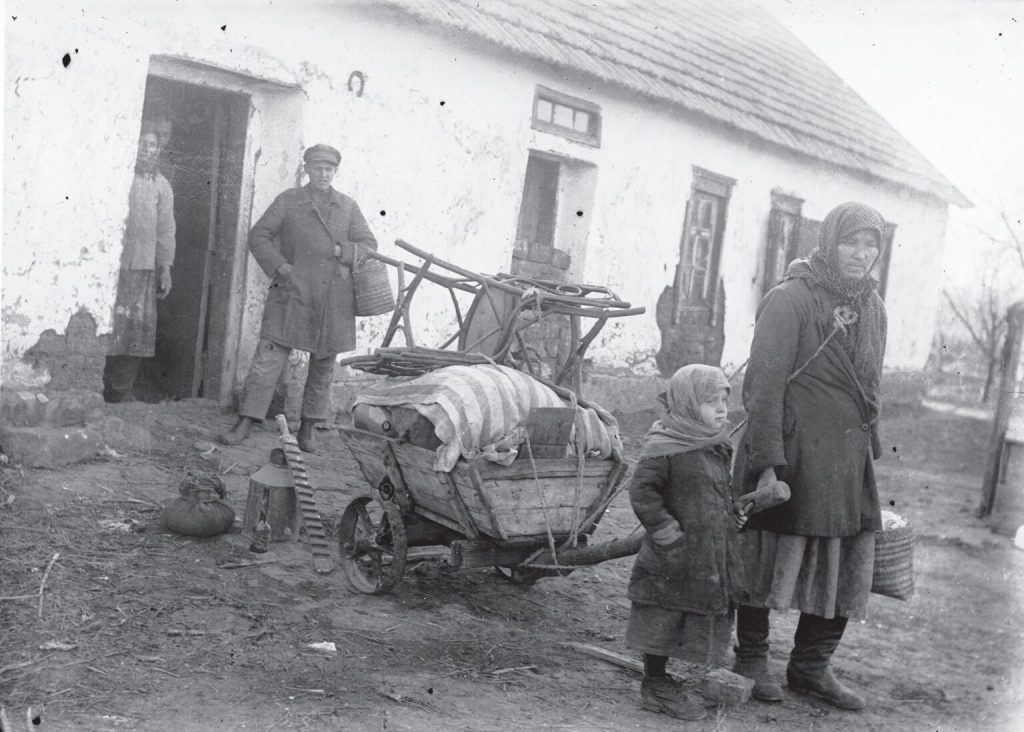Spot is the dog featured in an eponymous short story by Jack London. Spot’s owners desperately want to be rid of the dog. They tried shooting him. There is an attempt to kill Spot with an axe. They tie up Spot and leave town. Spot is set lose on a river ice floe. Spot always finds his way back.
On several occasions, governments (and others) have tried to eliminate private property. Yet, it finds its way back. After the Russian Revolution, most of the urban housing stock was nationalized. The government used its authority over those properties to punish political opponents as well as those who did not perform well in their state-appointed jobs. But, as documented in this UChicago History dissertation, still tenants traded apartments, improved them, and passed them on to heirs.
The nationalization of agricultural land has yielded similar results. During China's Great Leap Forward, villagers risked their lives to reallocate communal land into individual plots, a scheme starkly against the official Marxist ideology. This informal system of property rights helped prevent starvation in the villages that adopted it. Kate Xiao Zhou calls it How the Farmers Changed China.
Private agricultural plots emerged in the Soviet Union too, even with some government approval. As Nellie Ohr explains in her Stanford dissertation “In 1930 Stalin had declared that [collective farm] members could own a few livestock and use a small private plot of land for personal consumption. However, these rules were often unclear….” Economist Gregory Grossman estimated that “the approximately 50 million such tiny ‘farms,’ whose area represent only about 3 percent of the national total of cultivated land, have a gross output which is more than one fourth the gross output of Soviet agriculture.” [Paul Samuelson was infamously surprised that private agriculture in the USSR, cultivated by uneducated peasants without the benefit of scale economies, would be more productive than government farms.] See also The Private Sector in Soviet Agriculture.
I recently visited some friends working at a major consulting firm in London. Of course, the firm is a capitalist enterprise, but regarding its office space the management decided that the workspaces would be a common resource for all employees. The management now has its own Spot moments, as employees use the same workspaces day after day, informally treating them as their own.




No comments:
Post a Comment